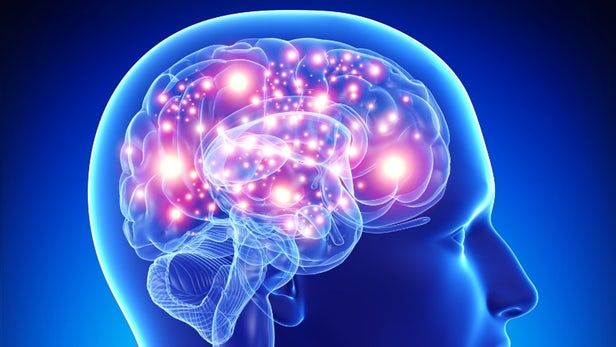What is Alzheimer’s?
Alzheimer's is a kind of dementia that deals with issues regarding memory, thinking and behavior. Find out how Alzheimer’s affect you and raise awareness!

Alzheimer's is a kind of dementia that deals with issues regarding memory, thinking and behavior. Symptoms of alzheimer’s usually grow gradually and get worse after some time. They can become severe enough to meddle with day to day activities of the patient.
Alzheimer's is the most common cause of dementia, a general term for memory misfortune and other psychological capacities which meddle with everyday life. Alzheimer's infection represents 60 percent to 80 percent of dementia cases.
Alzheimer's worsens over time. Alzheimer's is a progressive sickness, where dementia slowly manifests over the years. In the earlier stages, memory loss is mild. However with later-stage Alzheimer's, people affected lose the capacity to effectively carry on a conversation as well as react to the different stimulus around them. An individual with Alzheimer's usually lives for four to eight years after diagnosis, but there were cases where they lived up to twenty years, contingent on different variables.
Alzheimer's has no current cure, however treatment for symptoms are accessible and continuous research is being done by medical professionals. Although existing treatments cannot prevent Alzheimer's from advancing, they can temporarily slow the progress of dementia symptoms and improve quality of life for those with Alzheimer's and their guardians. Today, there is a world-wide effort to discover better ways to treat the disease, postpone its onset, and keep it from developing.
What Are The Symptoms Of Alzheimer’s?
Similar to the other parts of our bodies, our cerebrums also change as we age. We will start to notice hindered reasoning along with occasional issues in recalling certain things. Genuine memory loss, confusion, and other significant changes in the manner in which our minds work might be an indication that our brain cells are failing or “aging” so to speak.
The most widely recognized early side effect of Alzheimer's is trouble recalling recently learned data. This disease usually affects those who are older. Alzheimer's progressions regularly starts in the part of the cerebrum that affects learning. As Alzheimer's advances through the brain it leads to progressively extreme manifestations, including disorientation, mood and behavior changes; deepening confusion about events, time and place; unwarranted doubts about family, friends, and professional caregivers; more serious memory loss and behavior changes; and eventually, difficulty talking, swallowing, and talking.
Individuals with memory loss or other conceivable indications of Alzheimer's may find it difficult to recognize that they have a problem. Indications of dementia might be more obvious to family and/ friends. Anybody encountering dementia-like symptoms should see a medical practitioner as soon as they can.
If you need assistance in looking for a doctor, SeeYouDoc can help. Earlier diagnosis and intervention methods are improving dramatically, and treatment options and sources of support can improve quality of life. Simply browse through our roster of doctors, and look for general physicians who can help you figure out what to do next!
References: alz.org
